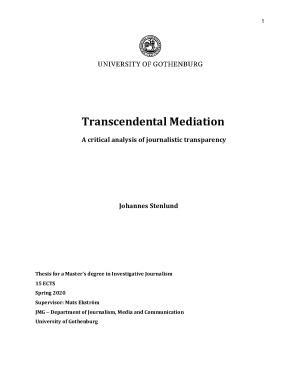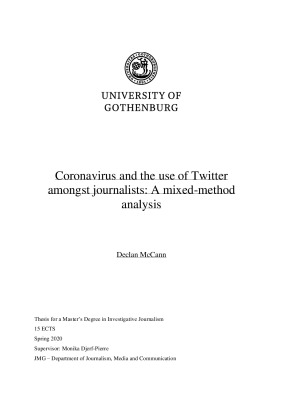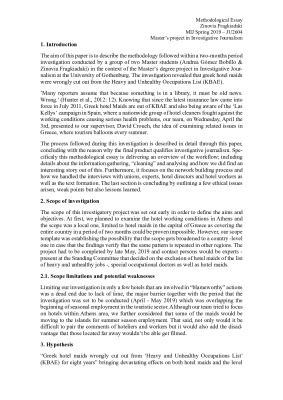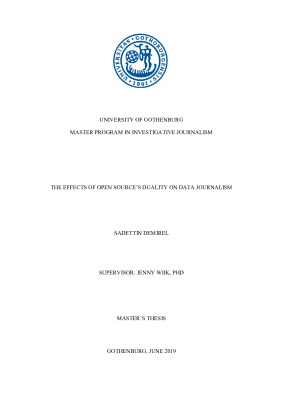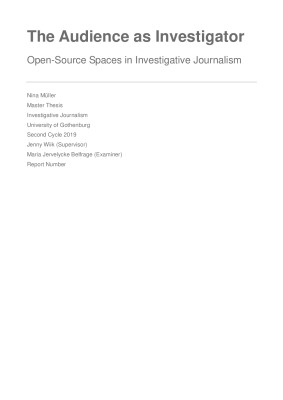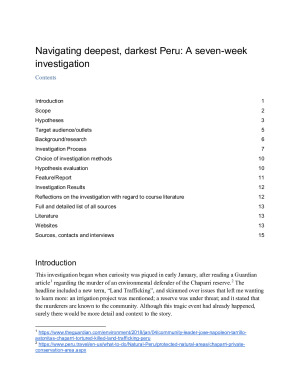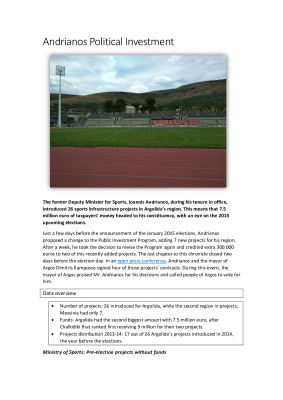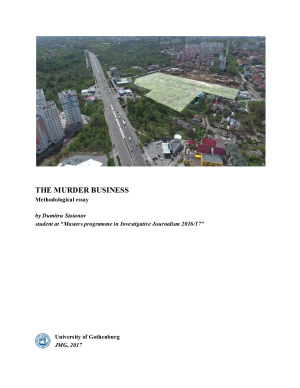Transparency has been advanced as a potential remedy for falling trust in journalism. By allowing readers to see more of the production process, journalism is thought to become more trust-worthy. This thesis offers a critical examination of the existing concept of journalistic transparency with the view of providing an alternative conceptualisation.
In the first part, it subjects journalistic transparency to a concept analysis, arguing that
transparency contains contradictory epistemological commitments to mediation.In the second part, it explores journalistic transparency empirically through a case study of UK investigative journalism outlet The Bureau Local. By performing content analysis on a published investigation and three open chatroom discussions and triangulating data with interviews, it
finds that The Bureau Local produces transparency in two epistemologically and ontologically different ways. The findings from the concept analysis and the case study form the basis for a reconceptualised notion of journalistic transparency that splits it into two concepts: analytic and synthetic transparency.
